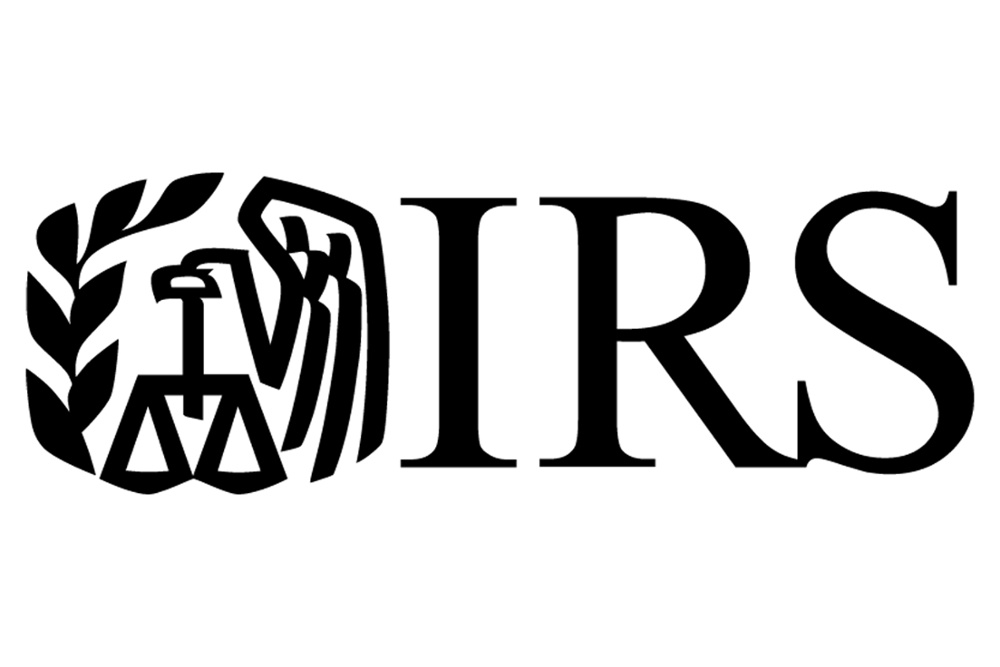Last month Republican lawmakers introduced motions to block the new rule raising the salary threshold for the white-collar exemption to the Fair Labor Standards Act (FLSA) overtime (OT) rule. Rep. Tim Walberg (R-MI) introduced the Congressional Review Act (CRA) motion in the House; Sen. Mike Braun (R-IN) introduced it in the Senate.
This past April, the Department of Labor (DOL) released a final rule that increases the salary threshold for qualifying for the white-collar (executive, administrative or professional) exemption from the FLSA OT rules. Opponents argue that the new threshold ($43,888/year) exceeded DOL’s statutory authority in that the increase was too big, too fast—and its automatic three-year adjustment rule was also outside the scope of the authority granted by the FLSA.
Prospects: Even if both the House and Senate pass the CRA motion—possible although not certain—it is virtually certain that President Biden will veto it. There are lawsuits pending challenging the rule, too. Those lawsuits may have gotten a bit of a boost in their prospects for a favorable ruling as a result of the Supreme Court last month overturning the 40+-year-old rule that required judges to defer to federal agencies on “reasonable interpretations” of “ambiguous” statutes.
NAIFA Staff Contact: Michael Hedge – Senior Director – Government Relations, at mhedge@naifa.org.






.png?width=600&height=90&name=Support%20IFAPAC%20%20(600%20%C3%97%2090%20px).png)
